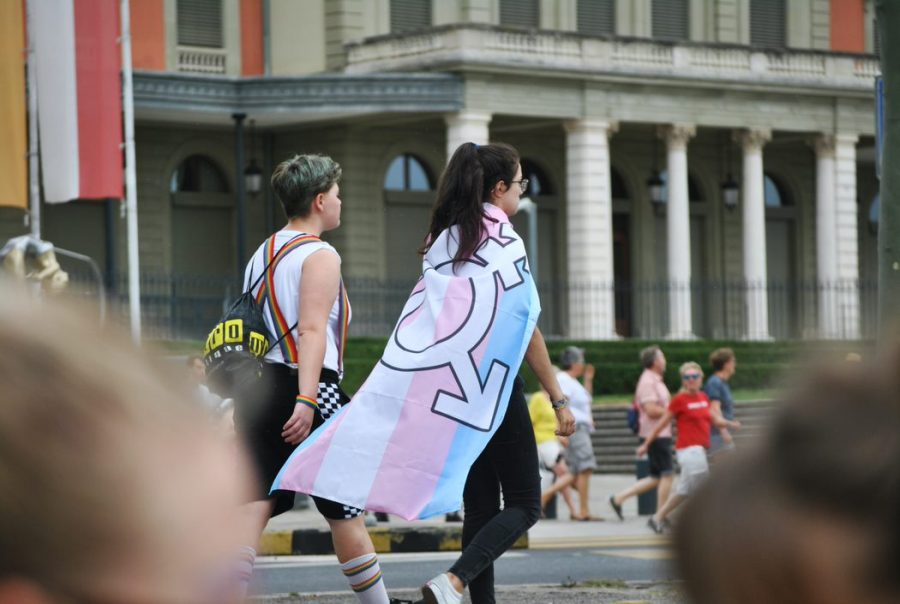The Fight for Fair Competition
February 22, 2021
This month, the Mississippi Senate voted to ban transgender athletes from competing on women’s sports teams in high schools and universities. Several states including Idaho, Montana, and North Dakota have attempted to pass similar laws. Joe Biden refused, extending allowance for transgenders to compete in whichever gender category they choose. The Mississippi Governor, Tate Reeves, has a personal tie to this order, saying it would take away from female athletes, like his daughter, who now have to “compete with biological males for access to athletics”.
Playing kickball in a required female physical education course during freshman year of high school is one of the circumstances where disregarding biology would be acceptable. There usually isn’t any sort of meaningful competition when students are only participating for a personal course grade. However, heading into junior and senior years on designated sports teams becomes a more serious matter. Three female high school track athletes have recently filed a federal complaint that cited Title IX, a rule granting equal rights to female athletes. They were compelled to file a complaint after two transgender athletes finished first and second in a sprint race at Connecticut’s female track championships.
When transgender females or biological males are winning athletic female competitions, they are taking spots at regional and national competitions where scouts look to recruit and offer scholarships to female athletes. Women have fought for 50 years to earn equal athletic rights that Title XI provides. Allowing them to be dominated by biological males in their own category reverses those advancements.
Legislation has no right to ban transgenders from athletics entirely, but their concerns for allowing transgender peoples into women’s sports do contain some validity. Throughout my research, while educating myself about the topic, I have seen opinion articles stating ideas similar to my own. Most of the comments sections were riddled with insults and character assumptions about the authors. Let me make it clear that I am in no way belittling the transgender community. I believe that the athletic advancements of men and women be conducted fairly, especially seeing that success in this area is very strongly determined by biology and physicality.
Currently, even after a year on hormone therapy, a transgender woman is still said by doctors to have advantages over the biologically female population. However, perhaps through medical advancements and prescriptions like puberty blockers or hormone supplements, we can reach a future where transgender and biological females will both have similar physical abilities. Female sports divisions could then be more equally accessible by all people.
The struggle for acceptance that transgender people deal with is very real. Sport and athleticism are human rights that should be fairly available to all. There is a very difficult balance that schools and athletic divisions need to find that preserves the rights of all people. However, that does not mean that the advancement of women’s equality should be abandoned or revoked in the athletic world.
Brooke Kruger is a Dakota Student Opinion Writer. She can be reached at brooke.kruger@und.edu


